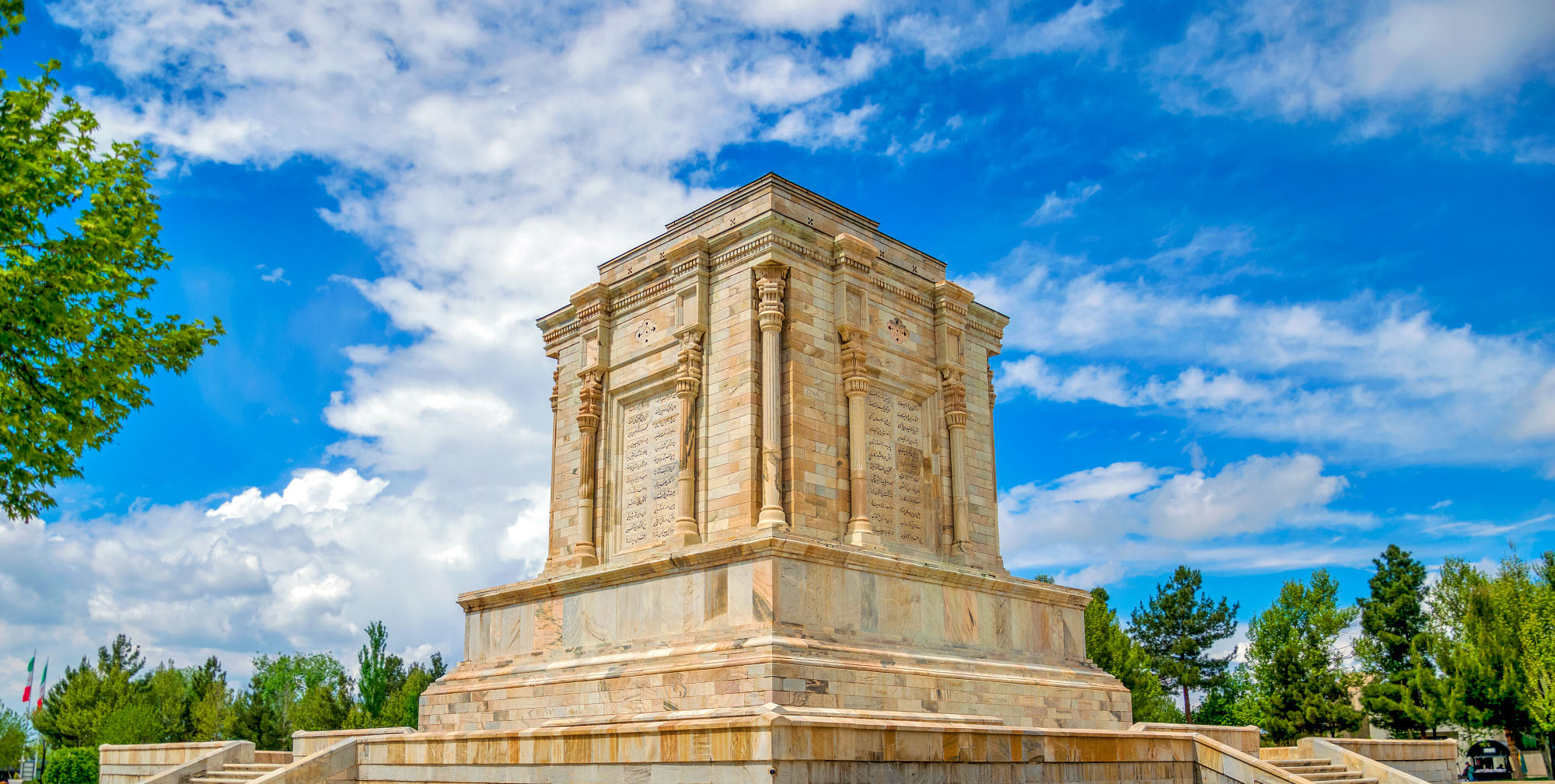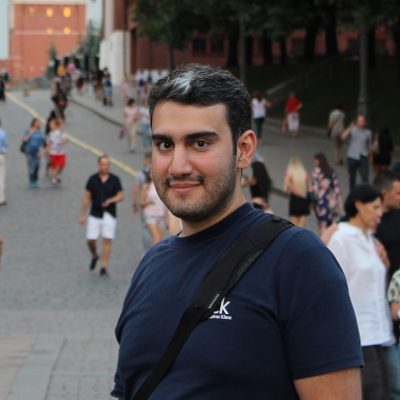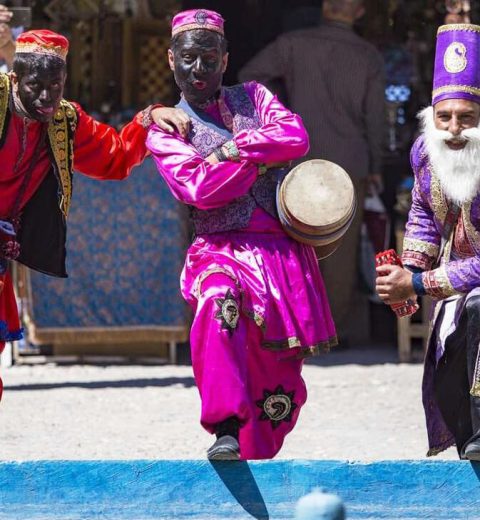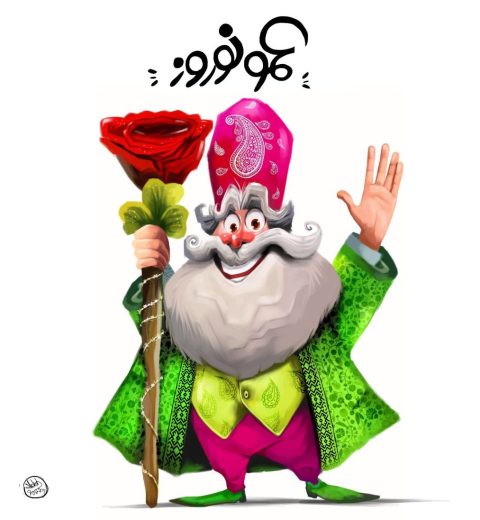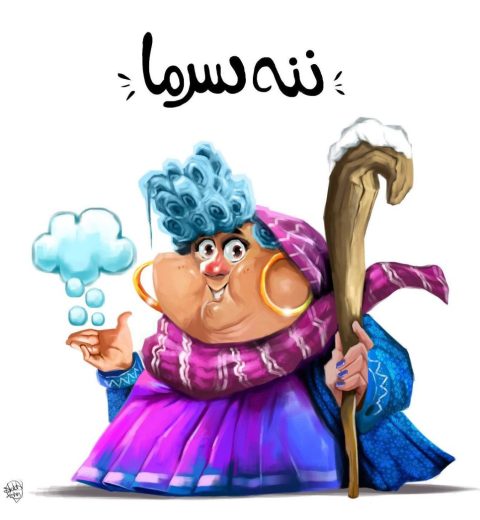Hakim Abol-Qasem Ferdowsi Tousi, commonly abbreviated as Ferdowsi, (Tous 940 – Tous 1020/1025) was a Persian poet and one of the world’s greatest epic poets. He is widely known as the author of the immortal Shahnameh or Book of Kings, the national epic of Persia, now Iran, and the greatest epic ever written by a single author. He is considered the most important writer of Persian and one of the most famous writers of world literature. He was nicknamed “Lord of the Words”.
He belonged to a family of wealthy landed gentry (Dehqan). He spent most of his life in the region of Great Khorasan, which covered the three eastern provinces of modern Iran, reaching Samarqand and Bukhara (modern Uzbekistan), part of Tajikistan, and the western part of Afghanistan. He thus moved through his vast province, moving between Balkh, Ghazi, and the territories north of the Amu Darya River.
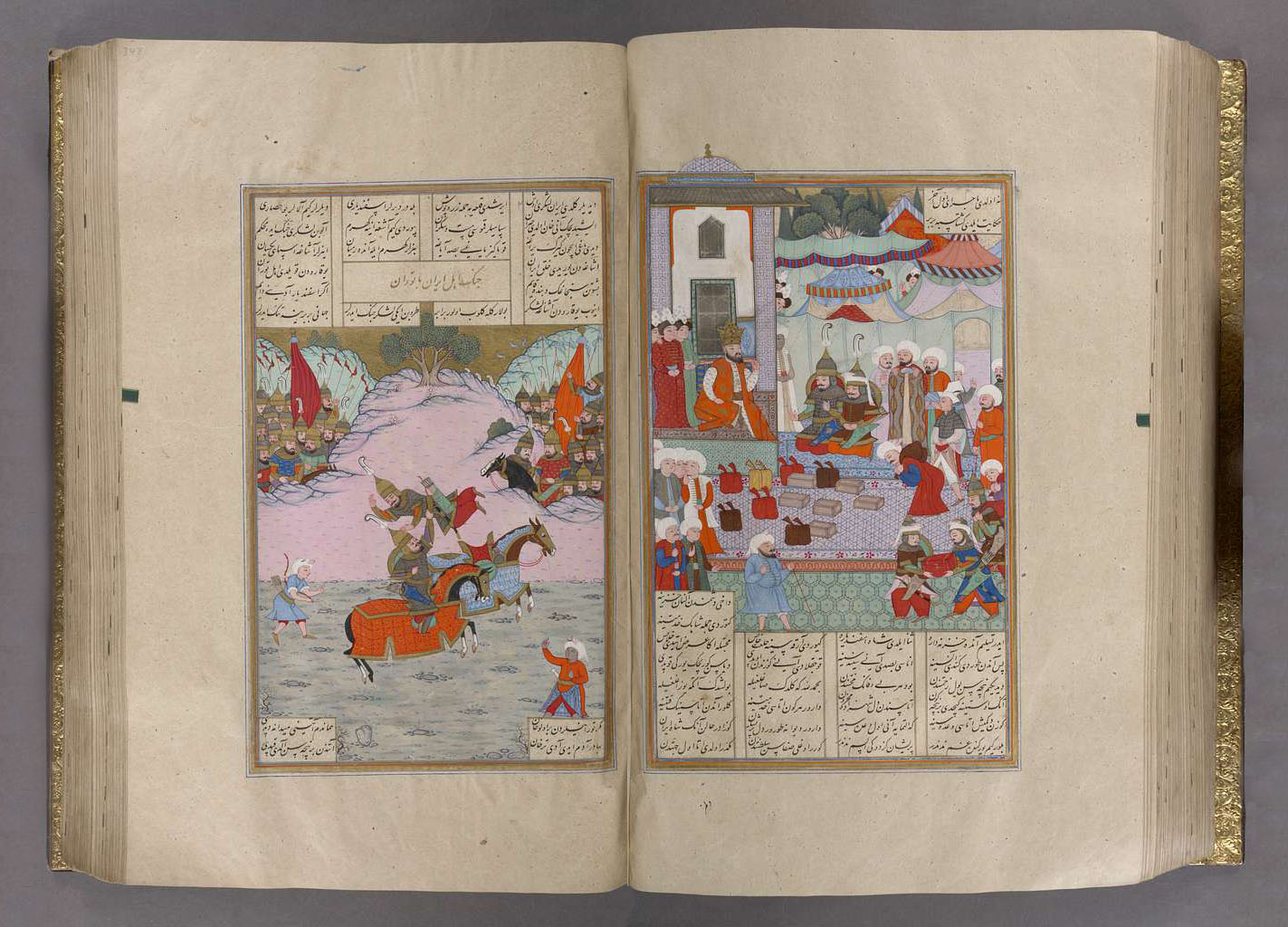
Ferdowsi preserved the purity of the Persian language in which he wrote his works, and although he was subjected to Islamization, he did not Arabize his customs or his language: the Dehqans, in particular, kept the ancient oral traditions, ancient Persian myths, and legends more carefully than the common people. Ferdowsi was able to take advantage of this circumstance to develop his epic and create a literary monument from what he felt was beginning to be lost. He took the work of epic poets of a previous generation, such as the court bard of the Samanids and the Zoroastrian poet Daqiki, author of unfinished work, and continued it, so that these thousand or so verses were included in his great epic, the Shahname, which numbers 60,000 and is the longest epic in literature after the Mahabharata.
The work of reconstructing all of Iran’s past, its history, myths, and legends in this giant epic immersed him for 30 years, so much so that he neglected his duties as a landowner and was forced to sell most of his land. By the time the Shahnameh was completed around 1010, the Samanid dynasty had been overthrown by the Ghaznavids, who had nothing in common with the previous dynasty in origin and language.
The Ghaznavids were a Turkic people of Central Asia with a Turkish language and culture, and when Firdawsi appeared at the court of the great Sultan Mahmud Ghazni, he was not well received because he was praising a foreign dynasty and past, which was not politically correct. The hero of the poem Rostam is a Persian, a noble; and the Sultan was of humble origin and could not identify with him, his lineage, his customs, his language; Moreover, the Turanians (Turkish from Central Asia) were not well represented in the work, and although the sultan promised Ferdowsi a gold dinar for each verse (60,000), he gave him only one silver coin; offended, the poet left the palace and, according to legend, gave his fee to a bath attendant and lemonade seller.
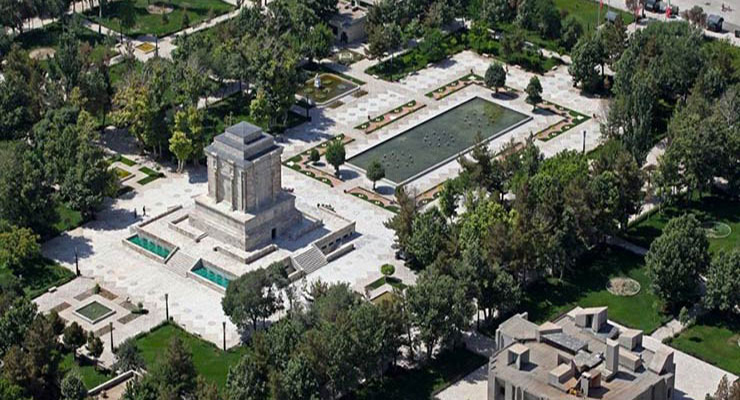
The real reason for the rejection of the work may have been the ruler’s lack of understanding of literature, as well as religious differences between Ferdowsi and Sunni Mahmud. In the Shahnameh, Ferdowsi devoted much space to describing Zoroastrian thought, culture, traditions, and festivals, while Islam is not mentioned further. Only in the last chapter of the Shahnameh, in which Ferdowsi depicts the end of the Sassanid empire, in the letter of Rostam Farrokhzad to his brother before the battle of Kadesh there are verses explaining what awaits Iran after the Arab conquest and subsequent Islamization. According to legend, Ferdowsi was denied burial in the Islamic cemetery of his hometown because of these critical verses–but primarily because of his Shiite faith. According to Nizami Aruzi Samarqandi, this was the decision of a “fanatical preacher from Tabaran (a village near Tous),” so the “pride of the Iranians” was buried in his own garden within the walls of Tabaran city. According to the report, the burial site soon became a place of pilgrimage.
Ferdowsi was one of the first representatives of the Neopersian literary language, which emerged at the court of the Samanids in the 10th century. At the beginning of the 20th century, Iranian nationalists made Ferdowsi the “reviver” of Iranian identity, and the Shahnameh a monument to him. In this context, the almost complete absence of Arabic vocabulary in the Shahnameh is particularly noted.
Firdawsi’s university in Mashhad was named after the poet.

